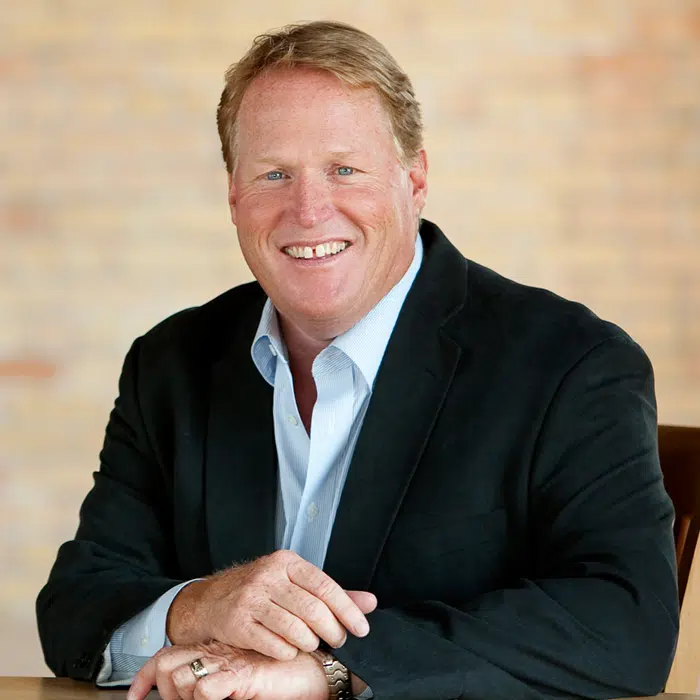By Nora Buli
OSLO (Reuters) – Lack of access to acreage and slow permitting pose bigger challenges to expanding renewable energy than rising costs, global green investment company Copenhagen Infrastructure Partners (CIP) told Reuters this week.
Founded in 2012, CIP manages 10 funds with an aggregate value of nearly 20 billion euros, investing in onshore and offshore wind as well as other technologies.
It is also a developer and currently has a project pipeline of more than 100 gigawatts (GW) spanning Europe, the United States and Asia.
Reaching the European Union’s renewables targets for 2030, including 111 gigawatts of offshore wind capacity, will require faster permitting and a standardised approach to development, said Christina Grumstrup Soerensen, a CIP senior partner.
Receiving the necessary permits to build new renewable power plants can often take several years, she explained, making it harder to plan and reach necessary supply agreements.
The executive also highlighted access to areas for renewable energy as another issue to be addressed.
“That will be a massive challenge and more so than whether we are going to be one year delayed because of the uncertainty right now” over inflation, Soerensen said.
Still, costs are an important factor and negotiations with suppliers were now taking longer, she added.
“But it’s not like there’s a stop. It’s just a little more cumbersome,” Soerensen said.
CIP is also able to buffer rising costs by adjusting the pricing of power purchase agreements (PPAs) with companies looking to off-take the production.
She said the industry also required greater collaboration to deliver the wind turbines, solar panels and transmission systems needed to meet 2030 targets.
“I think we will see a more strategic development between suppliers and developers,” Soerensen said, adding this would extend beyond procurement and into co-planning to ensure the capacity is available where and when needed.
Regarding quality issues with onshore wind turbines announced by key producer Siemens Gamesa last week, none of the affected products were currently in CIP’s operational fleet, Soerensen said.
CIP would work “proactively” with Siemens to understand any potential implications for its development portfolio.
“Whether that will have an impact or not I cannot say at this point. This is super early days,” Soerensen said.
(Reporting by Nora Buli; Editing by David Gregorio)



